Developing enquiries
Developing effective historical enquiries is not as easy as it might at first seem. Firstly, a successful enquiry depends upon the teacher having sufficient knowledge of the topic and the historical issues and controversies that surround it. In the teaching sequence, what do I include and what do I leave out? Secondly, the enquiry question must then be framed in such a way that it allows children to hypothesise, to grapple with an issue or controversy, the handle and evaluate evidence, to ask questions of their own and to make judgments. In this section, you will find advice and guidance to help you to plan and carry out effective historical enquiries with your pupils.
Sort by:
Date (Newest first) | Title A-Z
Show:
All |
Articles |
Podcasts |
Multipage Articles
-
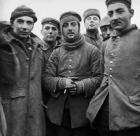
Ideas for Assemblies: Lest we forget
ArticleClick to view -

Implementing the 2014 curriculum in Year 2
ArticleClick to view -

In My View: Creativity & History
ArticleClick to view -
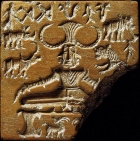
Investigating the Indus Valley (2600-1900 B.C.)
ArticleClick to view -

Investigating the ancient Olympic games: A Case Study
ArticleClick to view -
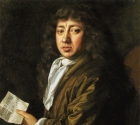
KS1: Teaching about significant individuals
ArticleClick to view -

Learning Outside the Classroom
ArticleClick to view -

Learning about the past through toys and games
ArticleClick to view -

Learning to engage with documents through role play
ArticleClick to view -
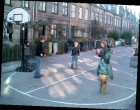
Learning what a place does and what we do for it
ArticleClick to view -

Looking at buildings as a source for developing historical enquiries
ArticleClick to view -
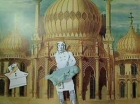
Museums, schools and creativity: How learning can be enhanced
ArticleClick to view -

Our Iron Age challenge
ArticleClick to view -
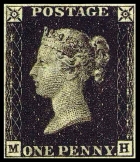
Overground, underground and across the sea
ArticleClick to view -

Place-names and the National Curriculum for History
ArticleClick to view -

Political literacy: citizenship through the English national curriculum's the Romans in Britain study unit
ArticleClick to view -
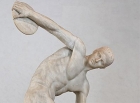
Primary History and planning for teaching the Olympics - four curricular models
ArticleClick to view -

Pupils as apprentice historians (1) - History Detectives
ArticleClick to view -

Pupils as apprentice historians (2)
ArticleClick to view -

Pupils as apprentice historians (4)
ArticleClick to view

